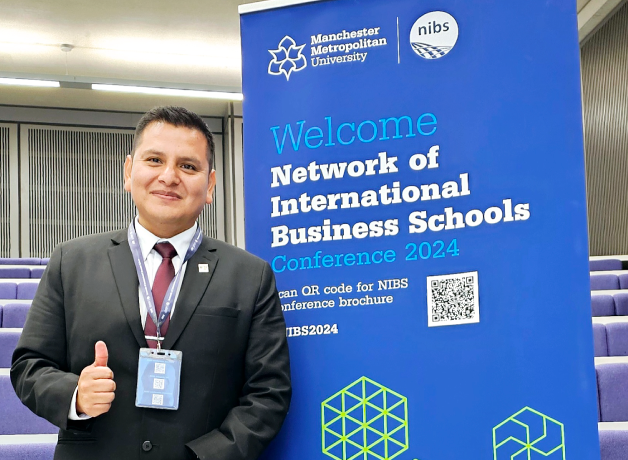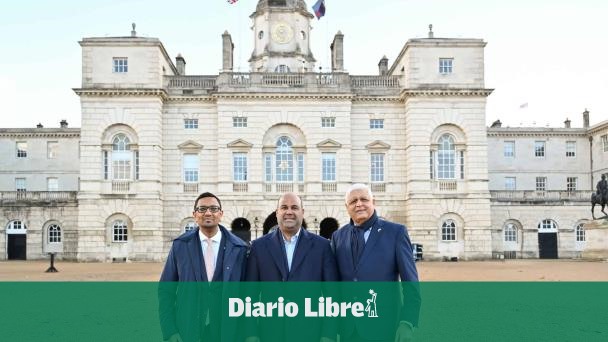Ferrovial has completed on the eve of the turn of the year one of the key operations to transform its perimeter. It just closed the sale of British company Amey to two investment funds for 400 million pounds (455 million euros), thus completing its divestment in the services business and reducing its exposure to Britain, where it continues to own 25% of the country’s largest airport, Heathrow.
Amey’s sale partly relieved Ferrovial, which had to face several UK authorities over service contract revisions. The biggest clashes have been with the city of Birmingham, which has signed an agreement to maintain infrastructure. The dispute was closed with a deal for which Amey had to pay almost 250 million euros.
After regulatory approval was obtained, Amey was sold to a company controlled by investment fund One Equity Partners, which made a joint purchase with another similar company, Buckthorn Partners.
A capital gain of 55 million is needed which can be calculated in the 2023 account
Discounting the debt, Ferrovial will enter a net 264 million pounds (301 million euros), of which 112 million pounds in cash and 151 million, through loans provided to buyers at an interest rate of 6% per annum.
The Spanish company will take a calculated capital gain of 55 million euros into its accounts this year. It will also retain a small portion of Amey’s business, related to waste treatment, which will be integrated into the Energy Infrastructure and Mobility division. This activity employs 557 workers.
The group’s strategic shift seeks opportunities in concessions
As part of Horizon 24’s strategic plan, Ferrovial decided to conduct a strategic review of all of its businesses and sell off the old Services division. The activity does not offer concession margins or projections, mobility, energy or water infrastructure. The company aims to increase its gross profit at an annual rate of 11% and has decided to focus on the most profitable parts of the business.
The group has sold its Environmental and Infrastructure Services businesses in Spain and Portugal, as well as its Broadspectrum company, which has operations in Australia and New Zealand. It also got rid of the municipal cleaning contracts and the Oil & Gas business in North America.
In the UK, the star asset now is Heathrow, which before the pandemic was Europe’s largest airport. In the summer it emerged that the Spanish group had received approaches to investigate its interest in selling its 25% stake in the airfield, but decided to reject the offer after analyzing it.

“Entrepreneur. Internet fanatic. Certified zombie scholar. Friendly troublemaker. Bacon expert.”






